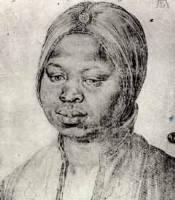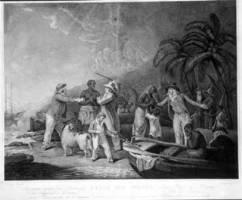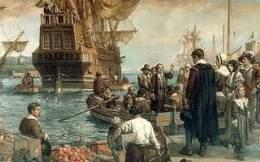First African Woman to Win Her Freedom in Court Elizabeth Key was the first woman of African ancestry in the American colonies to sue for her freedom from slavery and win. Elizabeth Key won her freedom and that of her infant son on July 21, 1656 in the colony of Virginia, in one of the earliest freedom suits in the colonies. She sued based on the fact that her father was an Englishman and that she was a baptized Christian. Born in Warwick County, Virginia in 1630, Elizabeth Key was the illegitimate daughter of an enslaved black mother and a white English planter father, Thomas Key, who was also a member of the Virginia House of Burgesses. She spent the…




